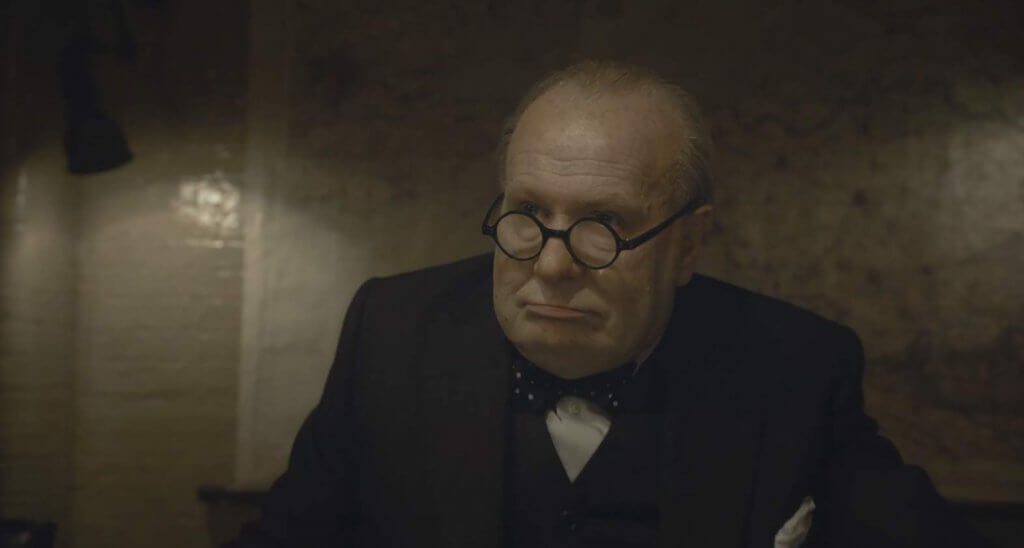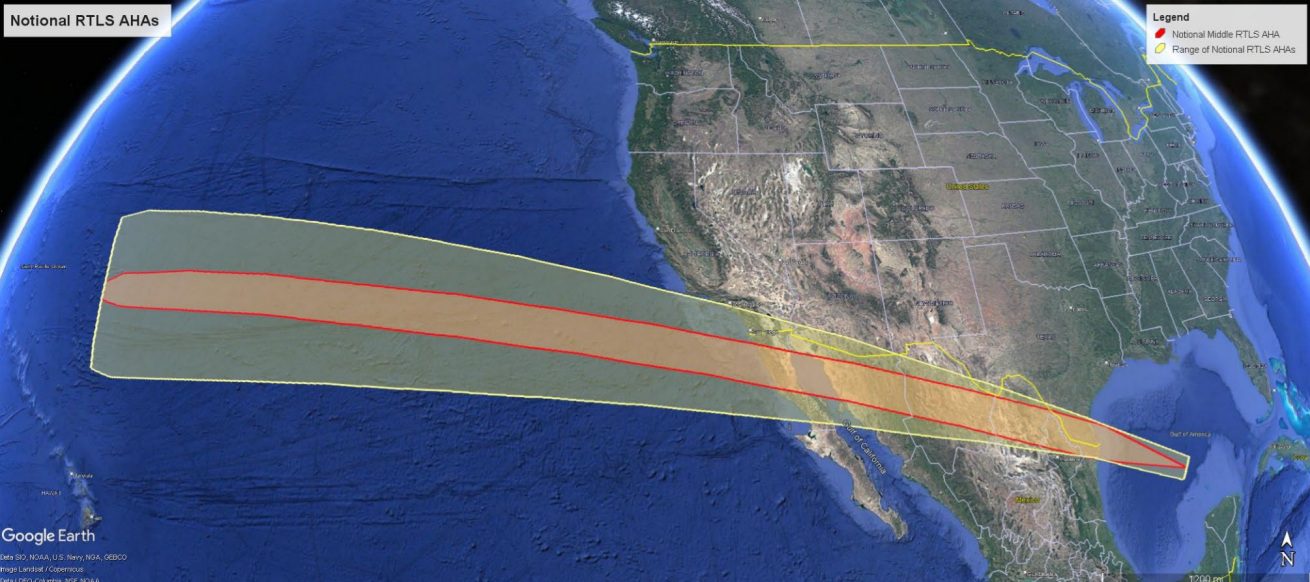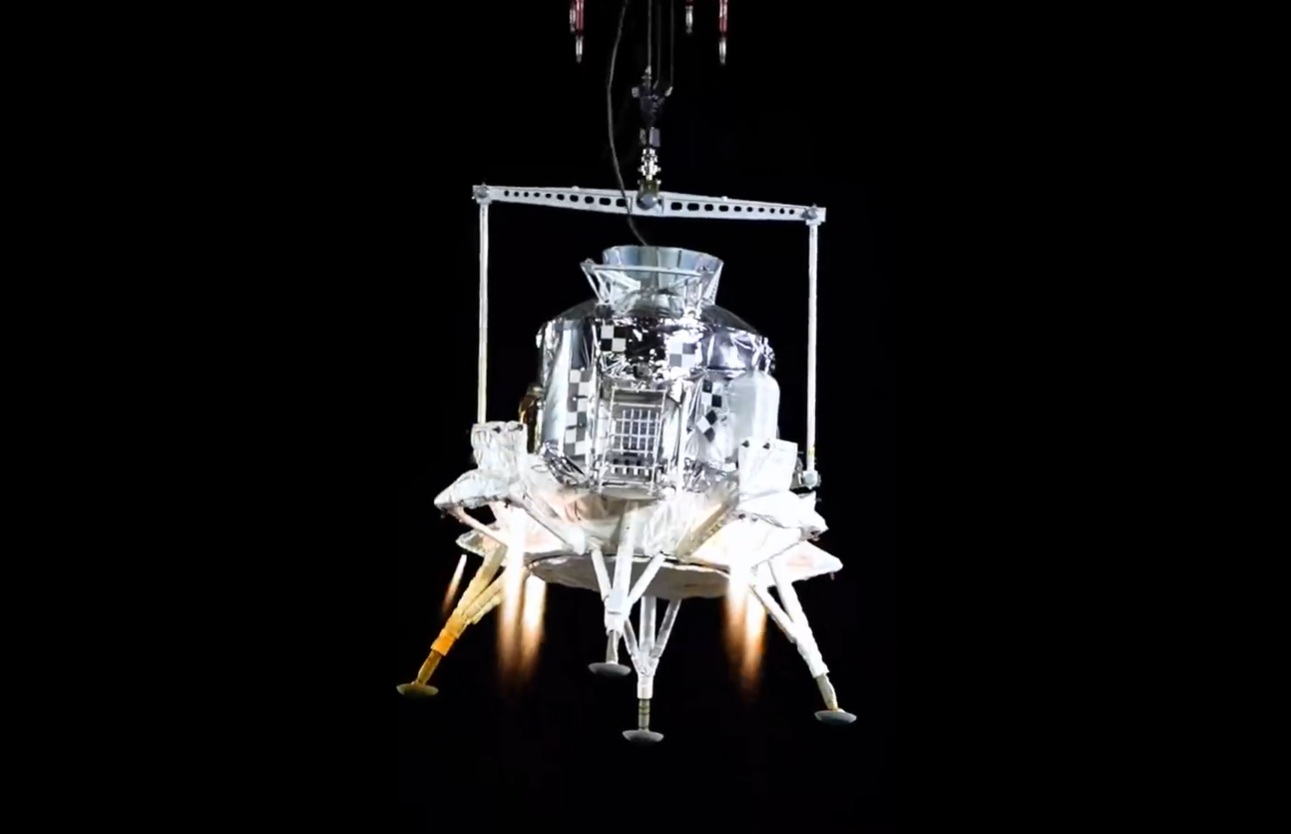It remains a perpetual irritation to this military history buff that today’s children and teenagers – and many adults – know more about the battles and militaria of the Star Wars science fictional film series than that from the real wars on Earth. In fact, Star Wars often leans on the “good resisting the evil empire” themes of World Wars I and II, while even the weaponry from Earth’s military past often appears in Star Wars if you look closely enough. However, actually, it is real military history that counts and which should be remembered – and that includes what Winston Churchill did for you.
While British Prime Minister Winston Churchill’s record and reputation as a pre- and post-war politician is mixed, he will forever be remembered as the man who led Britain’s resistance when it stood alone in the 1940-1941 period of World War II against Nazi Germany, before helping achieve ultimate victory with allies Britain’s allies (USSR and USA), saving the world from Nazi tyranny. So it is no surprise that several films have been made about the great man.
Last year’s film one, Churchill (2017) starred Brian Cox (see Post Script) in the title role, was criticised both for its factual and casting errors, but also for getting Churchill’s character wrong. For example, it even had Churchill’s generals belittling their leader, with him supinely taking this. Not the Winston Churchill that his family, friends and even his opponents, ever knew.
The latest, Darkest Hour (2018), stars Gary Oldman, heavily made-up as the great man – a role for which he is tipped to win an Oscar after carrying off the best actor award from the Screen Actors Guild. Directed by Joe Wright, Darkest Hour (2018) gives an account of Churchill in 1940, when, after a series of military reversals in Norway and France, it was far from certain if Britain would fight on.
Oldman is excellent as the would-be, and later actual, wartime PM – although the pitch of his voice is sometimes a little too high, especially in his screeching outbursts. Churchill actually had a lower and gruffer timbre with a prominent lisp (Brian Cox was closer mimic in this respect). Oldman’s sympathetic portrayal does however hit the right notes on Churchill’s changeable temperament, showing his irascible nature, as well his humour, deep compassion and emotion. And, yes, he is nice to his cat – even as he contemplates the deaths of thousands of human beings that would sadly be necessary for victory.
However, while this excellent actor surely deserves one by now, Gary Oldman might yet have another “Oscar” Academy Award evade him, especially after the not-universally-popular US President Trump revealed that he liked the film. Nevertheless, even if our Gary does not win it, his make up artists should definitely be up for the gong. They successfully added about six stone to Oldman’s medium frame, and a double chin to match, to make him a totally realistic depiction of the short and tubby old man who became a world hero.
Update on 5 March 2018: Gary Oldman has won the “Oscar” for Best Actor in the Academy Awards. Meantime, as predicted, the team that did his transformational make-up: Kazuhiro Tsuji, David Malinowski & Lucy Sibbick deservedly won the Oscar in the best make up and hair-styling category.

Gary Oldman as Winston Churchill in Darkest Hour (2018). Courtesy: Working Title
Good as Oldman is, this film is much more “stagey” than it should be, with quite a dry retelling of the politics behind the early stages of the war. This would have made a better TV play or drama than a feature film. As it is, it fails to take advantage of this format’s normal budgetary advantages. Bluntly put, it really needed a few more expensive battle scenes.
Seeing the Wehmacht’s (Germany Army) unstoppable “blitzkrieg” advance across the low countries and France, and the British Expeditionary Force’s sorry state, followed by its lucky escape, would have demonstrated the Nazi threat much more readily to audiences than just lamely moving flags around a map or meeting some sad French generals.
If only this film, which lacked the necessary action, and the much lauded Dunkirk (2017), which lacked the necessary political and military background, could have been joined at birth!
Of course, you can have too much action in a film. A bit like having sex scenes in thrillers – over do it and your mind loses the plot! Still, the few (nearly all computer generated) battle scenes that are included were at least a break from the drearier parts of the political discourse.
That said, the often tense behind-the-scenes political machinations of that early “Darkest Hour” are more or less faithfully told. Sadly, the narrative leaves out Conservative MP Leo Amery’s famously powerful speech after the failed Norway campaign, which demanded that the feeble Conservative Prime Minister Neville Chamberlain should “In the name of God, go!” At this, Chamberlain and his supporters realised that the game was up. Still, (spoiler alert – if you can spoil history?) at least it has the Labour opposition leader Clement Atlee (David Schofield) delivering the coup de grace by offering to serve in a coalition government led by anyone but Chamberlain. The beleaguered Chamberlain is mournfully played by Ronald Pickup, who took over the role from John Hurt, who sadly, like Chamberlain, was dying of cancer.
The peace camp, led by Foreign Minister Lord Halifax (Stephen Dillane), aided and abetted by the physically ailing Chamberlain, was still keen on making a truce with Hitler, and intent on saving the British Empire as it did so. Churchill, however, knew that sooner or later Britain would have to fight Hitler – a man who could never be trusted – or become a slave to him. And so the film shows Churchill trying his best to make sure that the country fought on. Churchill was the man who saw Nazi Germany for what it was – an evil construct with murderous racism and militaristic expansionism at its heart.
In this retelling, Churchill’s feisty nature ensures there is no supine acquiescence –although it does show him to be privately prone to self-doubt and depression. It also highlights his necessary, almost ruthless, decisiveness as a war leader as he, in effect, sacrificed some men’s lives so that others might live. The film also portrays the love and respect that many had for Churchill, while noting the suspicion that his fellow Conservative MPs, and even the King, initially had of him – although these relationships (especially the latter) became much warmer as time wore on.
It has similar emotional elements last year’s Churchill (2017) film, including using showing subsidiary characters – especially his wife Clemmie (this time played by Kristin Scott Thomas) – giving Churchill the required pick-me-up when he needed it. This film also has a sweet portrayal of his young female stenographer secretary, as played by Lily James, as a counterpoint to the sometimes irascible, sometimes kindly and humorous, old man.
The movie does occasionally play fast and loose with history, although, thankfully, it is nowhere near as seriously erroneous as last year’s Churchill (2017) – see Post Script. For example, Darkest Hour (2018) uses a DC-3 Dakota as Churchill’s transport aircraft when it was actually more late war than 1940. Likewise some of the radio broadcasts portrayed did not really happen – or, at least, not from the Commons chamber. In fact, Churchill sometimes had to re-broadcast the best of his House of Commons speeches so that radio listeners could also hear them. And when he was too busy, he had a Churchill impersonator (with a deep lispy voice) to do it for him.
One slightly awkward episode is the scene showing Churchill journeying on a London Underground train to ask ordinary people whether he (and they) should fight on. This fantasy notion was probably included under “artistic licence” as a way of showing that support for the war had hardened. After the failure of appeasement, the British public realised that total war against Germany was inevitable and necessary.
This fictional scene also has Churchill having his Macaulay quote about facing fearful odds finished off by an impressive sounding (and looking) West Indian guy on the train – quite a trick given that there were so few Macaulay-quoting Afro-Caribbeans in London at the time. Perhaps this friendly scene was also a way to make Churchill seem a little more pro-diversity and progressive than he really was.
It has to be remembered that while he opposed Nazi racism before it was fashionable to do so, Churchill was also brought up in the white supremacist, paternalistic culture of the Victorian British Empire – an institution he continued to hold dear even as it broke apart. He even fought for it as a young Army officer in various colonial wars, dispatching several rebellious Indian and African natives who were intent on his demise using either his trusty Webley Wilkinson revolver, or his revolutionary (for the time) Mauser semi-automatic pistol (which, in much modified form, became Han Solo character’s fictional blaster in Star Wars).
Nevertheless, these minor irritations aside, you find yourself rooting for good old Churchill in his and Britain’s “Darkest Hour” of mid-1940 – one that he turned into the nation’s “Finest Hour” as the year went on. Britain held off the Nazis first by evacuating its Army from Dunkirk in late May and early June, and then by heading off Nazi invasion plans via the RAF’s successful Battle of Britain air campaign during the late summer. These victories, or rather defeat avoidances, became the springboard for the eventual allied victory after the USSR and USA joined the fight.
As such, we – black, white, rich, poor, man or woman – all have a lot to be thankful to Winston Churchill for.
Seradata’s rating for Darkest Hour (2018): 7 out of 10 (Oldman’s performance: 9 out of 10 – he would have got a “10” but for his voice, but his make-up artists fully deserve: 10 out of 10). A slightly too stagey but worthy attempt to show the political machinations of Britain deciding to fight on. Despite its lack of “action” (making it a tad boring in parts) it still shows Churchill as a British bulldog who would never be belittled by Hitler, the Conservative Party, or anyone else.
Post Script: As a comparison, here is a review of Churchill (2017) which is now available on DVD.
Directed by Jonathan Teplitzky with Brian Cox in the title role, Churchill (2017) is set during preparations for Operation Overlord (the D-Day invasion) late in 1944. While very watchable with a good gravely voiced performance by Cox, who taps into Winston’s famously emotional and depressive side, this movie has some serious faults. The first is an obvious casting cock-up that has Julian Wadham playing General Montgomery (“Monty”) when he really looked more like Field Marshall Alan Brooke – Churchill’s strategic military number two. Meanwhile, Brooke, as played by Danny Webb, looks and sounds more like “Monty”. Worse than this miscasting, however, is the film’s factual errors including the portrayal of the British war leader actually being bullied by his generals.
The script by Alex von Tunzelmann (a Brit despite her German sounding name) accurately describes the irritation that Eisenhower (the operation’s supreme leader) and the rest of the British and American generals felt over Churchill’s interference in their D-Day plans. Like Hitler, Churchill always saw himself as a better military commander than he really was.
Winston Churchill is also depicted as interfering because he feared another Gallipoli-like disaster (the failed Gallipoli invasion of Turkey in World War I was Churchill’s idea). While this was true, the US or British, never tried to belittle Churchill. For example, one scene showed Monty actually admonishing a supine Churchill for his interference, sneeringly calling him by his surname as he does so. Churchill would never have stood for that. Winston was, after all, Monty’s boss, and while Monty was himself a noted ego-maniac, he still had grudging respect for the man who promoted him.
This is not to say that there were no arguments between the British PM and the allied generals, and especially between Brooke and Churchill – both of whom had fierce tempers. Yet respect between them was maintained. Brook noted in his famous war diary that while he and other generals often had to divert him from his stupider ideas, Churchill was usually right on the really big issues. This point was also made in Darkest Hour (2018).
By the way, it was Field Marshall Alan Brooke rather than the King who had to convince Churchill not to interfere with Operation Overlord planning. Although His Majesty really did have to use his clout to later convince Churchill not to actually take part in the D-Day landings.
Despite the film’s serious (and annoying) historical flaws, there are a few sweet and enlightening interludes in it, including those that touch on the support of Churchill’s wife, Clemmie, played by Miranda Richardson. It also nicely relates how Britain’s one-time Boer War adversary, Jan Smuts (Richard Durden), was now a wise and trusted adviser and friend to Churchill.
Seradata Rating for Churchill 2017: 7 out of 10. A flawed but enlightening film that could have been a “9” had its belittling of Churchill and miscasting had been corrected, and if its history had been recounted a little more accurately.







